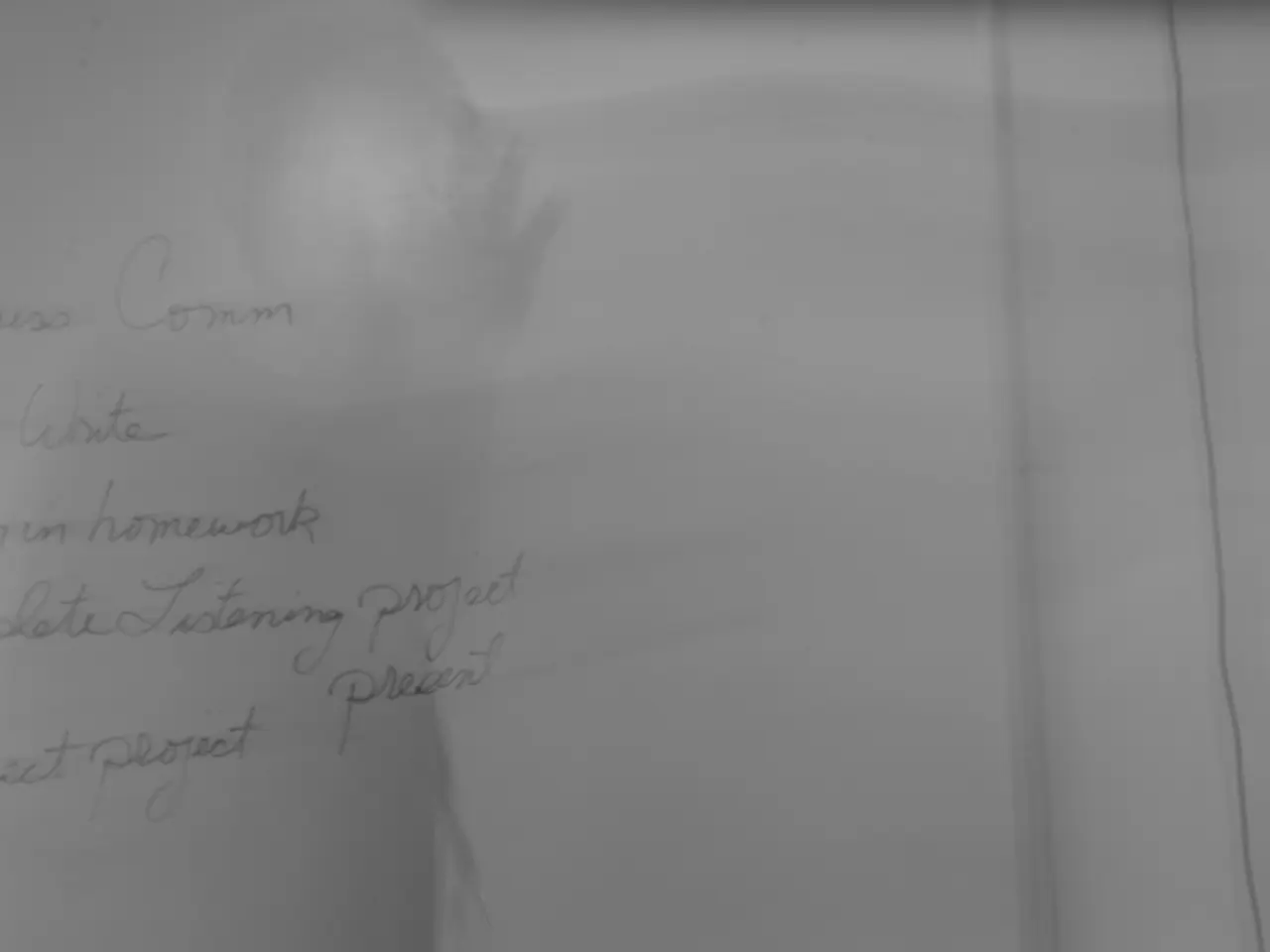Weekly Summary - MoneyMasterClass Episode 50
In the upcoming year, financial expert Gail, host of the Money Master Class, is prioritizing financial well-being. To help participants achieve this, Gail offers a systematic approach to budgeting that balances discipline with flexibility and values-driven decisions.
First, identify your core values and priorities. By ensuring your budget reflects what truly matters to you, you can balance necessities with guilt-free spending for enjoyment and self-care.
Start the month by budgeting zero, assigning every dollar a purpose before the month begins. Begin with the most important categories: giving and saving, followed by the "Four Walls"—food, shelter, utilities, and transportation. Fill in other categories after essentials are covered. Adopting a method such as pay-yourself-first, where savings are allocated immediately from income before paying bills or other expenses, ensures saving is a priority rather than an afterthought.
Use a realistic expense distribution method like the Half Payment Method if you are paid biweekly or semimonthly. This splits fixed bills evenly across paychecks, reducing stress and avoiding cash flow crunches during the month.
Track your spending without judgment and refine your budget over time. A budget should be a living document that evolves with changes like income shifts, unexpected expenses, or new financial goals.
Prepare for variable expenses by anticipating special monthly costs (car maintenance, holidays, school supplies) and creating a buffer or miscellaneous fund for surprise expenses.
Adopt a calendar-based quarterly planning system, breaking your year into manageable 90-day chunks. Set realistic, actionable goals each quarter, and adjust monthly plans accordingly to keep momentum and align with changing priorities.
If debt repayment plans got off track this year, participants are encouraged to take stock and refocus. Gail discussed debt fatigue, the order to pay off debt, and what to do if debt is too much to handle in Week 37. If you created a visual picture of your debt in Week 4, now is the time to revisit and adjust it to align with your refined budget and updated financial goals.
Gail has set specific financial goals for next year, and she encourages participants to look forward to the future and continue focusing on their financial well-being. Review and refine your budget regularly to stay on track and achieve your financial goals. By following the Money Master Class approach, you can stay in control, reduce money stress, and improve your financial well-being over time.
Begin by creating a personal-finance budget that aligns with your core values and priorities, ensuring it reflects what truly matters to you. With this approach, you can balance necessities with personal-debt-management and budgeting for self-care.
For those who receive irregular payments, consider adopting the Half Payment Method to evenly distribute fixed bills across paychecks. This helps in managing your finances efficiently and avoiding cash flow crunches.




